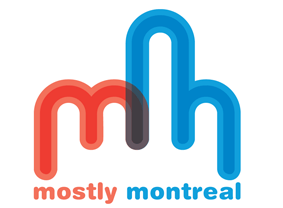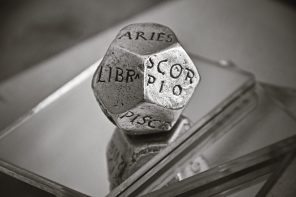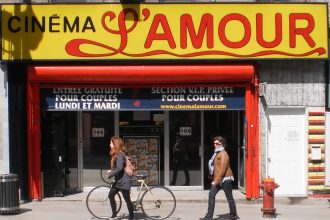Home, Mathieu Favreau’s recent short film about Canadian rapper Daybi, captures an artist whose long-held belief in the strength of community has taken him from his native Winnipeg to meccas of hip-hop culture like Vancouver, Los Angeles, and New York, and ultimately to the Kahnawake Mohawk reserve just south of Montreal. There, the absence of a highly visible hip-hop scene has allowed him some creative breathing room and, most importantly, a solid, positive, nurturing environment for his 12-year-old son.
On both an artistic and a personal level, Daybi is undoubtedly one of the more unique characters spitting out rhymes over beats and samples. His story, in a way, can be seen as a reflection of the evolution of hip hop itself: from its origins as an underground streetwise subculture in poverty-stricken slums of major urban centres to its eventual journey beyond the big cities and into more remote corners of the globe.
The language of hip-hop has grown more diverse, and given artists a vehicle for more complex and varied forms of self-expression. Daybi makes use of that expansive musical and lyrical vocabulary to tell stories that draw upon his often less-than-rosy past experiences, though he’s now living a happy life with his son in a tight-knit community steeped in culture, family, and tradition. He has a lot to say about record labels’ greed-motivated abuse of his ethnicity, the extreme frustration of being pigeonholed as a native musician, and breaking the cycle of the sins of fathers being visited upon their sons.
Daybi answered a few questions about all of the above.
S: So, first of all, tell me how this film came about?
D: Mathieu and I have known each other for more than 10 years. We first met when he did some colour correction on a film I’d worked on, and a few years later he shot a video for one of my old groups, Slang Blossom. It was really cool to collaborate on the film with him, because we have really different approaches to art, but they really complement each other. He’s really disciplined, whereas I’m a bit more rough around the edges, but there’s a real mutual respect and admiration.
I’d also like to emphasize that the film is dedicated to the memory of Sharon McGoogan, who sadly passed on not long ago. She was a really important behind the scenes figure in Canadian hip-hop. She had a cool record shop, did test pressings for my early records with Slang Blossom, and always provided general guidance and support to struggling artists in the hip-hop scene.
S: Home is quite focused on your life in Kahnawake, your appreciation and love for the community, and the solid positive foundation you’re providing for your son. How does living on the reserve influence your music?
D: Well, the impact is indirect. I don’t write about native issues in my music. My environment impacts my art by giving me a certain serenity that affects my overall state of mind, and that also comes through when I create. The community here is really important to me, and it’s an amazing community… there’s a real economy, and sense of family. I’m so happy to be raising my 12-year-old son here, because it’s giving him a positive foundation that I sadly missed out on when I was his age because of my dad [dealing] with certain personal issues and disappearing from my life for a while. That neglect definitely played a role in steering me onto a troubled path during my teenage years. I don’t want to make the same mistakes with my own son that my father made with me.
S: As you said, you don’t really write about native issues and culture or incorporate native sounds into your music, but you are often labelled by the music press as a native hip-hop artist. How has the frequent unwanted emphasis on your ethnic background affected you?
D: It’s quite annoying to be pigeonholed like that, and it’s really misrepresentative of what I’m about. Record labels have tried to exploit and push a native angle. One record label got one of those big government grants meant to support native artists for doing one of my records, and they ripped me off and pocketed most of the cash. In the end, I decided I’d put one over on them and just make the music available for free on my website.
It’s a misleading, dishonest emphasis, meant to cash in on my ancestry, and it’s not just disrespectful, it really doesn’t help me in any way. I remember going to HMV and seeing that my album wasn’t in the hip-hop section, but it was filed under “native music.” A lot of people expect me to be all about my heritage… they’re looking for tracks with feathers in them. I am native, and a rapper, but I am definitely not a native rapper, know what I’m saying?
Daybi’s previous releases are available for download on his website, www.daybi.us.








DasWassup . Very nice shots !! Great editing . Good job to all the team !!
true, zack. we’re looking forward to hearing/seeing more of daybi and mathieu favreau.